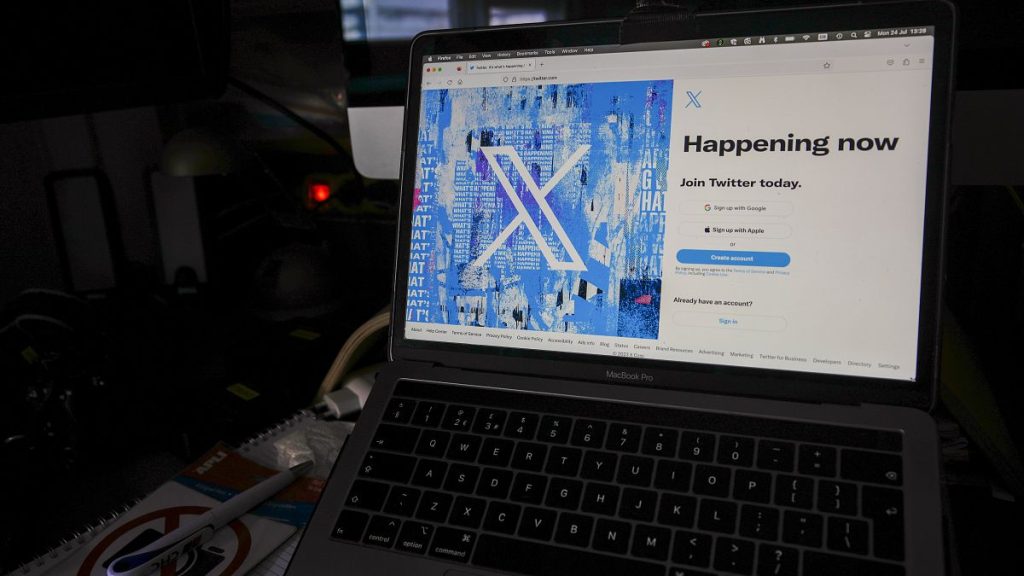The European Commission has confirmed that social media giant X is not designated as a gatekeeper under the EU’s Digital Markets Act (DMA). While X meets the quantitative thresholds in terms of user numbers and turnover, it does not act as a gateway between businesses and end users. Gatekeepers, designated under the DMA, have specific obligations to ensure fair competition and freedom of choice for consumers. These obligations include not favoring their own products over others on their platform, allowing users to uninstall preinstalled software or apps, and risking fines up to 10% of their annual global turnover for breaches.
In May, the European Commission opened an investigation into Elon Musk’s social media platform after X claimed it was not an essential gateway between businesses and consumers. The DMA, which came into effect in 2023, has already designated Alphabet, Amazon, Apple, Meta, Microsoft, TikTok owner ByteDance, and Booking.com as gatekeepers. Apple was the first company to violate the DMA for not allowing third-party developers to inform customers of purchasing options outside of Apple’s ecosystem. While Apple, Meta, and ByteDance have appealed their gatekeeper status, European judges have confirmed TikTok’s designation as a gatekeeper, with ByteDance now appealing to overturn this ruling at the Court of Justice of the EU.
Overall, the DMA aims to regulate big platforms that act as gatekeepers, ensuring fair competition and consumer choice in the digital market. Gatekeepers must adhere to specific obligations such as not favoring their own products, allowing users to uninstall preinstalled software, and facing fines for breaching these rules. While X did not meet the criteria for gatekeeper designation, other major tech companies like Apple, Meta, and ByteDance have been identified as gatekeepers, leading to legal challenges and appeals against their classification.
The European Commission’s decision regarding X’s gatekeeper status under the DMA highlights the ongoing regulatory efforts to promote competition and consumer choice in the digital sector. With the digital market increasingly dominated by a few tech giants, the designation of gatekeepers and enforcement of the DMA aims to level the playing field for businesses and protect the interests of consumers. Despite legal challenges and appeals from companies like Apple, Meta, and ByteDance, the European Commission remains committed to upholding the principles of fair competition and freedom of choice in the digital marketplace.
As the digital landscape continues to evolve and expand, regulatory frameworks like the DMA play a crucial role in ensuring that big tech companies operate in a fair and transparent manner. By designating gatekeepers and imposing specific obligations on these platforms, the DMA seeks to prevent anti-competitive practices and protect the interests of businesses and consumers. While X may not be classified as a gatekeeper under the DMA, the European Commission’s enforcement of these regulations sets a precedent for the tech industry and underscores the importance of regulatory oversight in the digital market.
In conclusion, the European Commission’s decision regarding X’s gatekeeper status under the DMA reflects the ongoing efforts to promote competition and consumer choice in the digital sector. While X did not meet the criteria for gatekeeper designation, other major tech companies have been identified as gatekeepers, leading to legal challenges and appeals in EU courts. With the digital market becoming increasingly concentrated in the hands of a few tech giants, regulatory frameworks like the DMA are essential for maintaining fair competition and protecting consumer interests in the digital economy.
Keep Reading
Subscribe to Updates
Get the latest creative news from FooBar about art, design and business.
© 2026 Globe Timeline. All Rights Reserved.













